Why British wool is sustainable, ethical and responsible
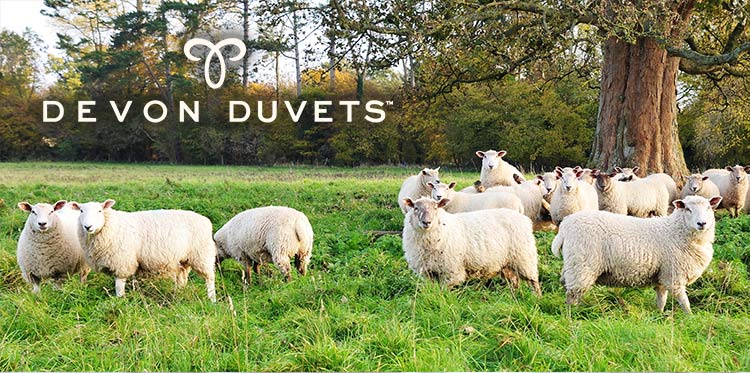
At Devon Duvets we’re proud to support British sheep farmers by using British wool. All the wool that we use in our luxurious, individually handcrafted wool duvets, toppers and pillows is traceable 100% British wool – and it comes from Devon and Southwest farmers who have supplied us ever since we started making award-winning products, over 15 years ago.
Our wool is certified by British Wool (formerly the British Wool Marketing Board) and we work closely with them as their commitment to sustainability, ethical sourcing and responsible farming practices align with our own ethos and values.
We spoke to Graham Clark of British Wool about their Six Pillars and how these are the foundation that enables them to set the highest standards for wool production in the world.
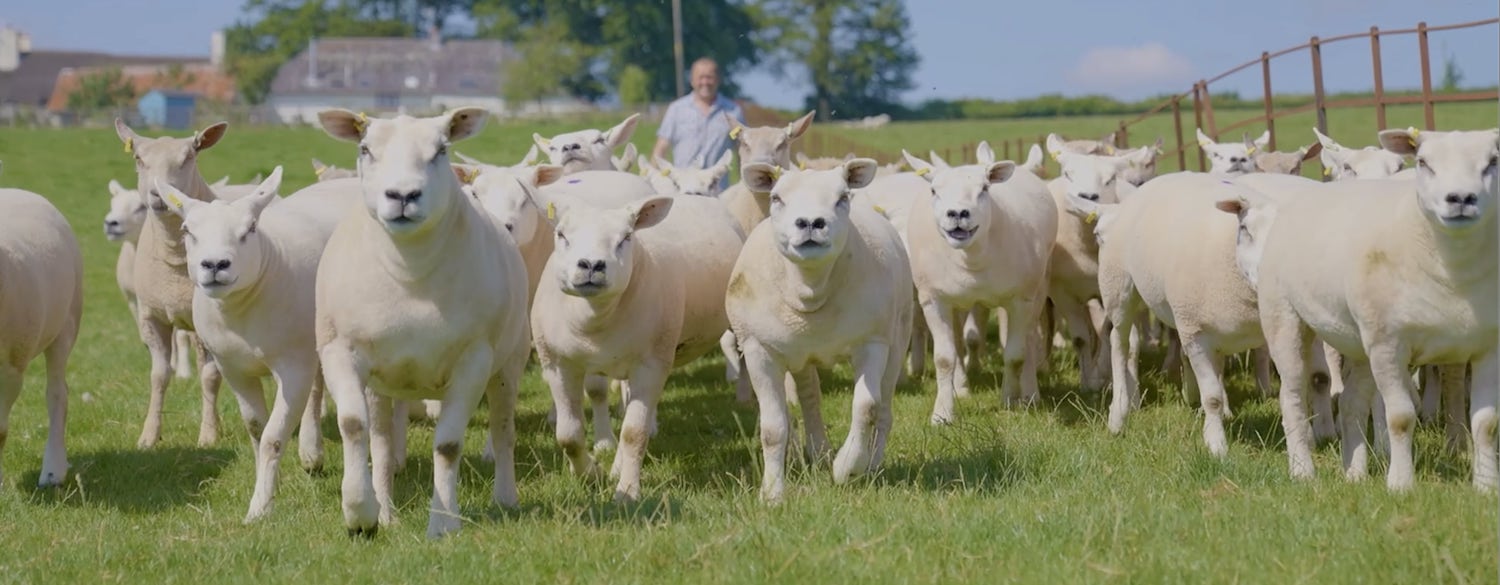

QUESTION ONE: British Wool and Animal Welfare
Britain has led the way on Animal Welfare for over 200 years - what role does British Wool play in supporting this, specifically regarding British sheep farming?
Graham Clark: The main role we play is highlighting this fact to the brands we deal with, as many are unaware of the trailblazing work that the UK has been responsible for, with regards to Animal Welfare - from the first act of legislation in 1822 to the development of the ‘Five Freedoms’ in the 1960s, which is now used globally. It is important that brands (and consumers) understand this when specifying and purchasing products.
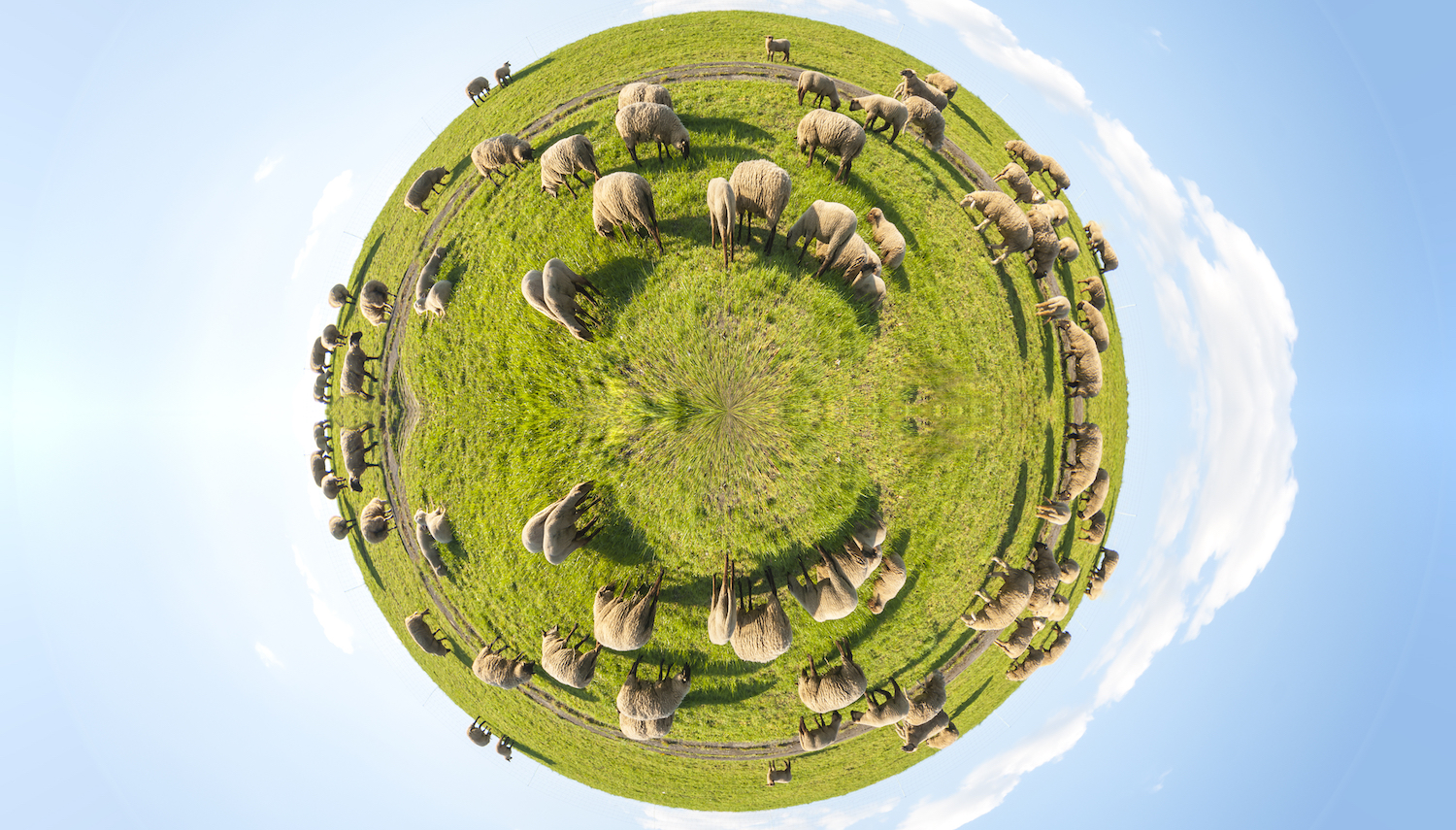

QUESTION TWO: British Wool and Environmental Sustainability
Why is wool sustainable – and what is the connection between the British climate, sheep farming and the carbon cycle?
Graham Clark: Wool is the ultimate sustainable fibre, it is renewable (regrows on the sheep every year), biodegradable and when washed does not omit harmful microplastics.
The UK climate is ideal for growing grass for animals to eat. Around 65% of farmland in the UK is best suited to growing grass rather than other crops. As are hedgerows that separate fields, actively managed pastures that are grazed by livestock are a good carbon sink, capturing CO2 in the vegetation and storing carbon in the soil which could otherwise be released into the atmosphere. If this land was put to other uses, and the soil was disturbed, there is a risk that much of that carbon stored within it would be lost to the atmosphere as carbon dioxide.
QUESTION THREE: British Wool and Quality Assurance and Grading
British Wool’s grading system is meticulous - how does it work and what makes it stand out from other grading systems around the world?
Graham Clark: The variation of wool we receive in the UK is the most diverse in the world (by some distance), we have over 66 different breeds of sheep all producing different types of wool. This is why we hand grade every fleece we handle (c. 11 million), and this grading is done by a fully trained Wool Grader. When grading the wool, we are looking for whether the wool is from a ‘Hog’ (c. 18 months old and the first shear) or a ‘Wether’ (an adult), colour, staple length, kemp, grey fibres and strength of the fibre. This determines the grade of wool (we have over 120!). This is crucial as it helps determine the product the wool will go in. For instance, the amazing products produced by Devon Duvets will use what’s known as the ‘downs wool’ grade as it bounces back into shape better than any other wool grade, crucial for duvets and pillows.
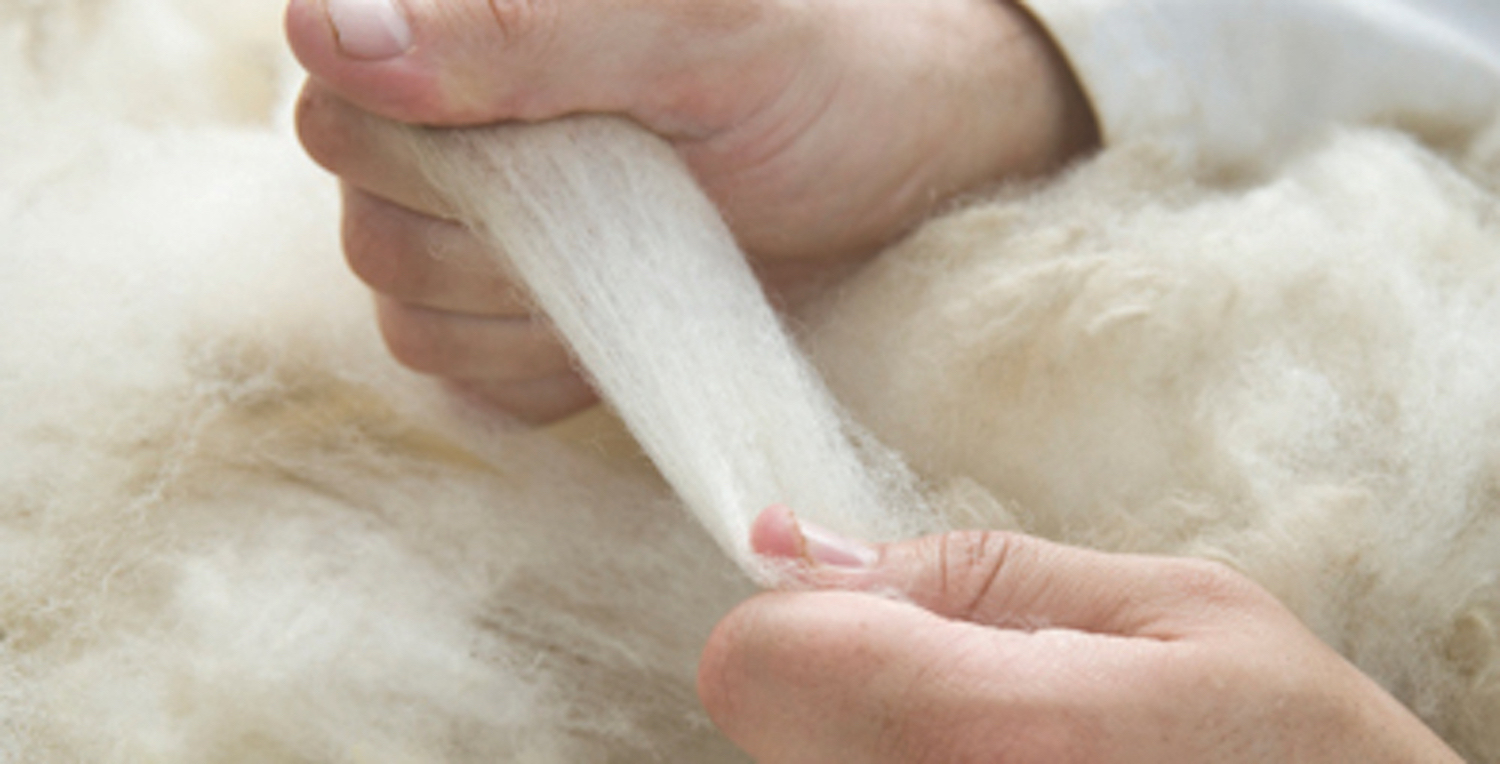

QUESTION FOUR: British Wool and Traceability
What is the British Wool traceability programme?
Graham Clark: All of the wool we handle is fully traceable back to the individual farmers. Given we handle wool from around 30,000 farmers every year this is no mean feat. We then work with brands who sign up to the scheme and supply the relevant farm details for their own traceable claims. Devon Duvets were amongst the first brands to sign up to the scheme; for every kilo of wool they purchase they are paying over and above the price we achieve at our auctions, this is then returned to the farmer.
QUESTION FIVE: British Wool and Social Responsibility
In what ways is British Wool socially responsible?
Graham Clark: British Wool operate as a farming co-operative, everything we do is for the good of our farmer members. We also return all of the profits from the wool we sell (on farmer’s behalf) to our members (less our costs). Our number one aim as an organisation is to maximise the value of our the wool from our members’ flocks.
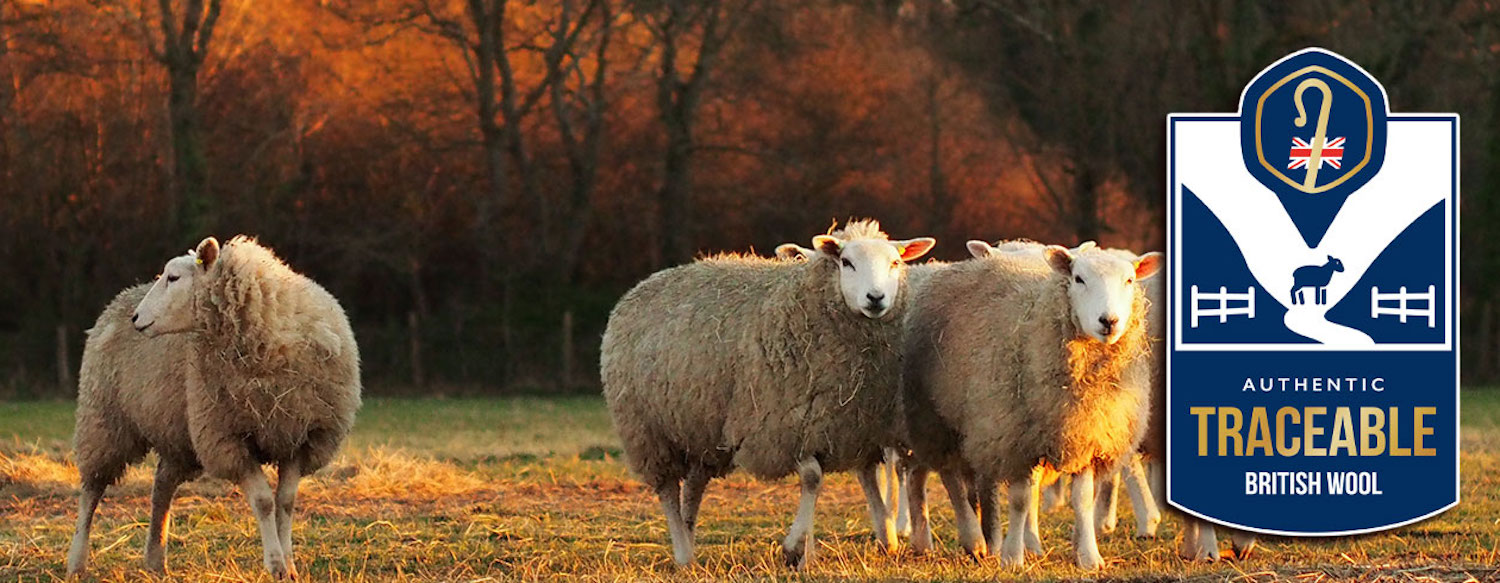

QUESTION SIX: British Wool and Consumer Confidence
What should consumers look out for if they want to be sure they are buying a product that is made with traceable British wool?
Graham Clark: They need to look for the Crook Mark and our distinctive traceable logo. Many products profess to be made from British wool however we only give our branding to brands who have had their supply chain audited to ensure they are actually using the correct levels of British wool in their products.
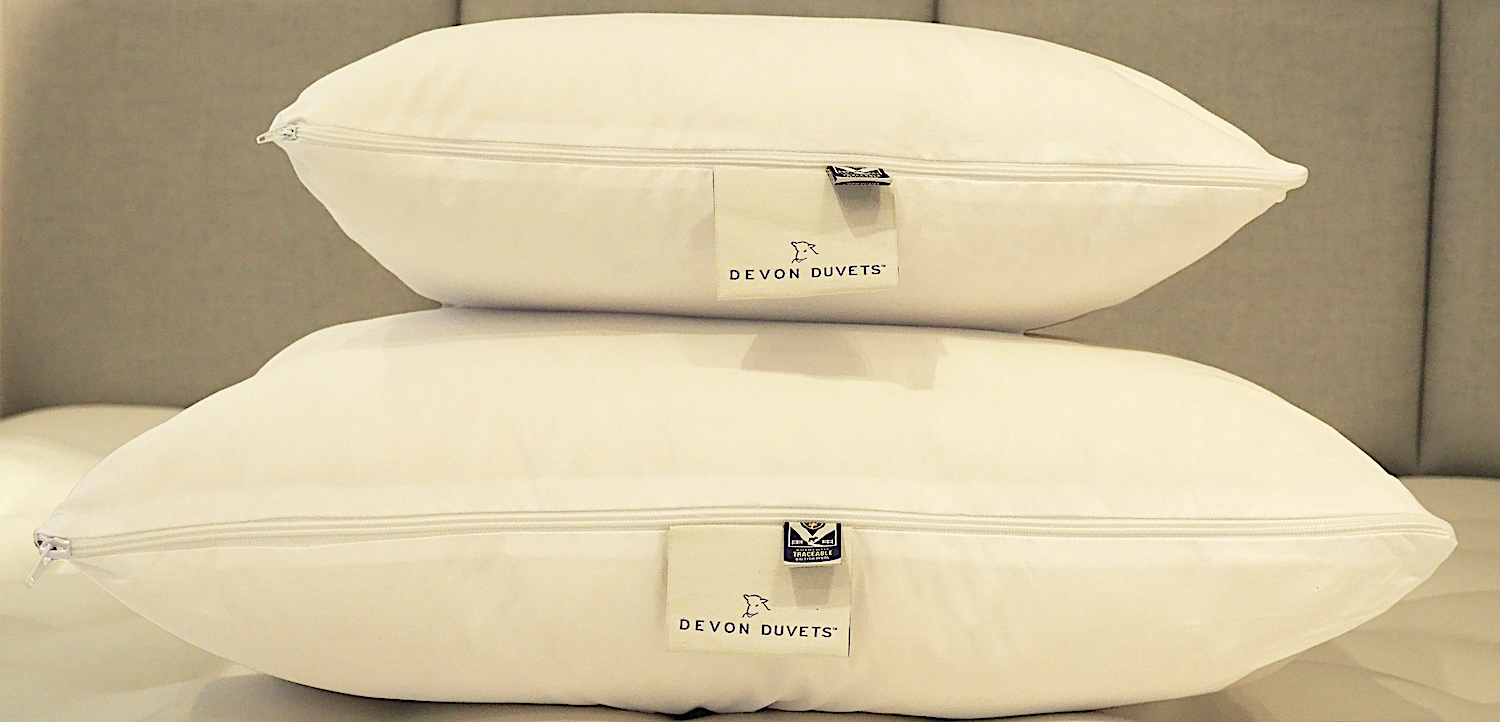

For further information about British Wool, visit www.britishwool.org.uk. You can also read more about their Six Pillars here.
If you have any questions about our individually handcrafted, natural, sustainable and chemical-free duvets, mattress toppers and pillows, then please call the Devon Duvets team on 01752 345399 or get in touch via email.
Photo credit: Image of wool being graded, courtesy of British Wool.


